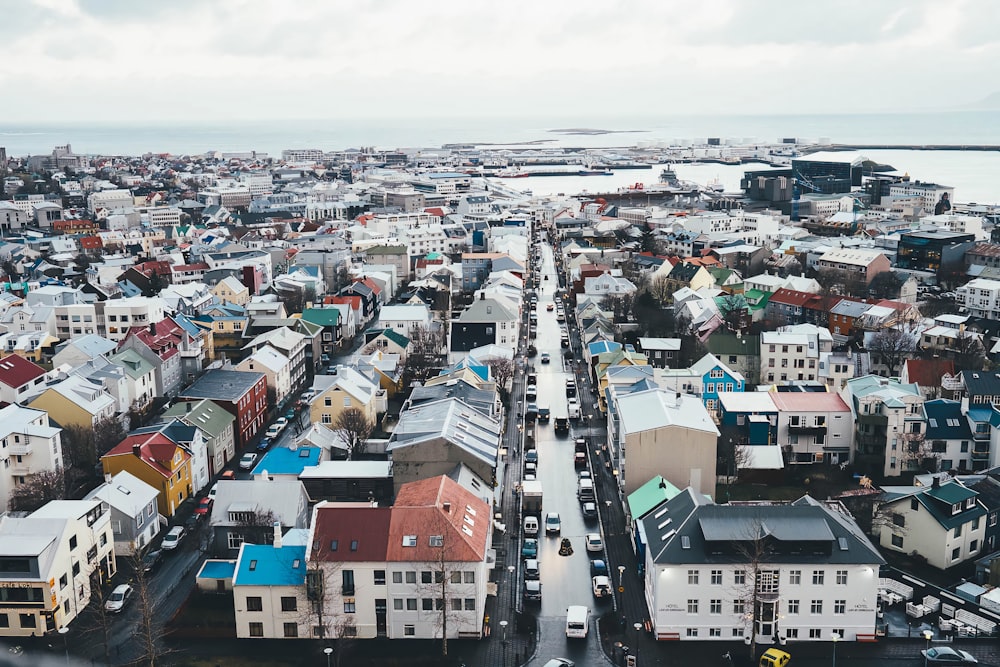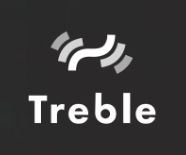
The Startup Ecosystem of Iceland
Iceland has 1 city in the top 1000 and is ranked 17th in Western Europe.
COUNTRY RANKING
Since 2024, Iceland lost 1 spot in the Global Startup Ecosystem Index, having now positioned itself as 33rd worldwide.
Population
Million
Regional Ranking
In Western Europe
Global Ranking
Worldwide
Ecosystem
Startup Ecosystem Overview

The Icelandic startup ecosystem is thriving, despite the country’s small population. The harsh climate has led to the development of robust physical infrastructure, nurturing an innovative spirit driven by necessity. To capitalize on this, Icelandic ecosystem stakeholders have launched Hringiða, a business accelerator focused on supporting startups in sustainable development and the circular economy.
Entrepreneurs in Iceland are inherently global-minded due to the limited consumer market within the country. Iceland prioritizes education, boasting high literacy rates and a skilled tech workforce. This has sparked a shift from traditional employment to the gig economy, particularly in the IT sector, offering greater flexibility. Combined with the success stories within the country, this culture of entrepreneurship sets the stage for continued ingenuity, supported by the government’s commitment to promoting Icelandic innovation as a key export.
The government has taken proactive measures, including the establishment of The Icelandic Centre for Research (RANNÍS) to raise awareness of research, innovation, education, and culture. Organizations like Startup Iceland and Startup Reykjavik play a crucial role in connecting local startups with international investors. The designation of Reykjavík Science City further showcases the government’s dedication to fostering innovation, reinforced by favorable legislation, low tax rates, and incentives for R&D and green energy. Foreign investors are also welcomed with attractive investment legislation and the Golden Investor Visa.
Although Iceland’s small population poses challenges, its strategic location between North America and Europe allows for quick access to large consumer markets. The country’s commitment to enhancing innovation and competitiveness bodes well for the future of its startup ecosystems.
Startups
Iceland Top Startup Industries
26 startups
69 startups
25 startups
Unlock with pro
Ecosystem HealthCheck
Iceland Ecosystem Health Check
The health check tables allow you to look at the performance Iceland has in each of the parameters that are part of StartupBlink's ranking algorithm. There are five tables, corresponding to the three subscores, the subscore analysis and industry ana...
- Overperformance
- Performance equal to global ranking
- Underperformance
ECOSYSTEM
Browse the startup ecosystem database of Iceland
Become our Iceland Ecosystem Partner
Startup Ecosystem Charts
Startup Funding in Iceland2017 - 2024
Startup Funding in Iceland 2017 - 2024
From 2022 to 2023, startup funding in Iceland has decreased by 66%. During this period, the number of deals in Iceland has decreased by 46.94%. Since 2017, total startup funding in Iceland exceeded US$ $1.29B.
Average Funding in 2023
$4.41M
Funding in 2023
$114.61M
Deals in 2023
26
USD
Amount of Funding (USD)
Number of Deals
Ecosystem
The Startup Ecosystem in Iceland
Global Rank
Iceland is ranked within the top 40 startup ecosystems globally.
Top Industries
Iceland’s startup scene is best represented in Healthtech, Software & Data, and in Social & Leisure.
BLOG
Recent Posts

Mon Apr 14 2025
From Service-Based to Product-Based Economy – Lessons from North Macedonia
In this special episode of the Startup Ecosystem Podcast, we revisit a conversation from two years ago, recorded during a visit to North Macedonia. Eli David Rokah, CEO of StartupBlink, sits down with Igor Madjov, founder of Startup Macedonia, to explore how Skopje is evolving from a service-based IT outsourcing city into a product-driven startup […]

Wed Apr 02 2025
Corporate Startup Activity Index 2025
For the first time ever, 372 corporations across 30 countries, 11 major industries, and 10 sub-industries have been ranked based on how actively they engage with startups. StartupBlink’s Corporate Startup Activity Index is the world’s first benchmark for corporate startup engagement — powered by real data, global partnerships with top corporations, governments and data sources, […]

Thu Mar 06 2025
The Impact of Government Support on Startups
A robust startup ecosystem creates a sense of community that brings entrepreneurs together and helps them feel less isolated. It gives them access to mentors, advisors, fellow entrepreneurs, and talents. The foundation of such an ecosystem largely relies on government support. Good policies create a fair and supportive environment that helps startups grow. Bad policies […]













